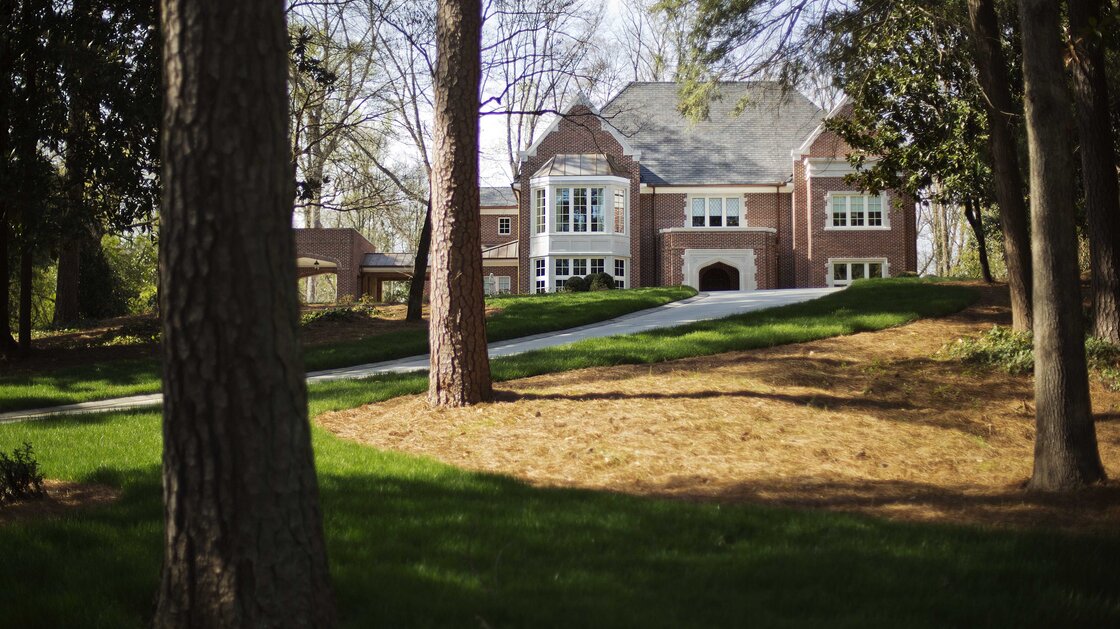
On 29 March, I published a post on how Pope Francis took practical action to rein in a bishop who had spent inappropriate, and maybe even immoral, amounts of church monies on building a personal mansion. He removed the bishop from the diocese and simply said that the bishop would receive some future assignment. I suspect that it will be an assignment that will not allow him to use vast amounts of church money again.
Apparently Pope Francis’ action has had an effect with other bishops who may have been enriching themselves. At least the Roman Catholic Archbishop of Atlanta has certainly seemed to think so. He said:
“’My responsibility is to think things through, which I clearly did not.’ Gregory sought guidance from three church advisory councils after public outcry over the home’s opulence and price tag. The archbishop says feedback from those meetings, as well as his own personal reflection and prayer, led him to the decision to sell the 6,400-square-foot home. Gregory says he will invest proceeds from that sale into north Georgia’s Catholic community. ‘Pope Francis has challenged Catholic leaders to live simple, frugal lives. Last week, a German bishop resigned after news surfaced he spent $43 million on a new home and office complex.’”
You see, the first thing is to set an example. The second step is to make it clear that the example is meant to be followed. Pope Francis did that with the German bishop he deposed. His use of church funds amounted to inappropriate and immoral opulence. But, the example was set. And so, the archbishop of Atlanta decided to sell his mansion. So, after a year in office, Pope Francis is beginning to now—correctly and appropriately—enforce the policy that Church funds are not meant to be used to enrich the hierarchs of the Church. I am sure that he will continue this and other policies. that will continue to enhance the reputation of the Roman Catholic Church.
Yes, I am still a Pope Francis fan.



Leave a Reply